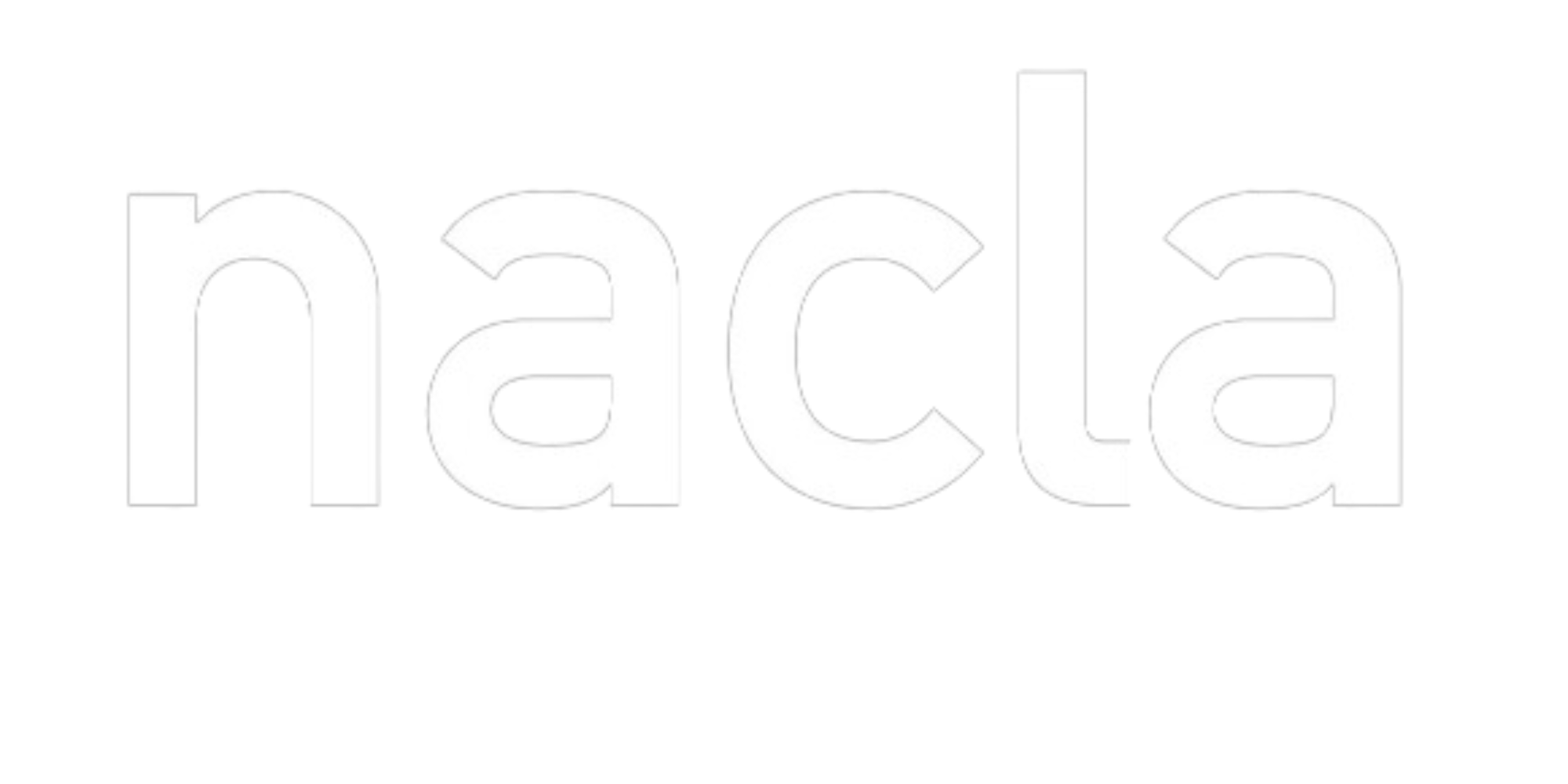Rio de Janeiro’s third annual May Day concert was marred this year by the premature explosion of bombs designed to harass Brazil’s labor movement and increase the climate of fear and insecurity. The first bomb exploded outside the Rio Centro Stadium where 10,000-20,000 people-most of them workers-were gathered for the event. A small sports car occu- pied by two Army men linked with CODI-DOI, the military secret police widely believed to have been re- sponsible for torturing many political prisoners, was ripped apart by a powerful bomb sending pieces of the car flying 100 yards. Some ten minutes after the blast, another bomb exploded in an elec- trical generator under the stadium. Police later removed at least one more bomb, intact, from the re- mains of the car. Allegedly instigated by the two military security men, the explosions provide the first direct proof of links between rightist violence and Brazil’s governing military-civilian alliance. CODI-DOI is known for its firm opposition to the country’s faltering liberalization process pushed by labor and other sectors. Security Secretary Waldir Muniz tried awkwardly to suggest that the officers had been victims of an at- tack. Authorities stated that the car was registered in a false name but later changed their story claiming that the vehicle belonged to one of the officers-a claim which was promptly refuted by the man’s fam- ily. One of the officers, Army Ser- geant Guilherme Pereira Rosario, died immediately and the other, Army Captain Wilson Luis Chaves 44 Machado, was hospitalized with serious abdominal injuries. A CODI-DOI officer later tried unsuccessfully to have his col- league transferred to a military hos- pital, presumably to get him safely out of reach of the probing public. Rio de Janeiro congressional deputy Marcelo Cerqueira of the op- position party, Brazilian Democratic Movement (PMDB), implied that the incident was high level conspiracy and not an isolated act of violence. “What happened,” he said, “was not an individual assault (atentado). It was a work accident.” The May Day bombings are only the most recent of about 20 such at- tacks which have occurred over the past two years. Government investi- gators have consistently failed to name those responsible and have at times blamed the Left. Though President Joao Baptista Figueiredo initially yielded to the demands of his party, the Social Democrats (PDS), for a full investigation, at press time it appears that he has given in to pressure from army commanders to participate in a cover-up of the in- cident. According to the British Latin America Weekly Report, the epi- sode has sparked the “most serious political crisis” in 13 years. Labor Hit by New Trial The May Day events come in the wake of continued repression of trade union and Workers Party (PT) leaders. (See “Brazil: ‘Apertura’ on Trial?” NACLA Report on the Ameri- cas, Vol. 15, No. 2.) As 11 defend- ants await the outcome of their ap- peal of stiff sentences received for strike activities in 1980, five union and PT leaders face second pro- ceedings following events in the northwestern state, Acre. The five-among them Luis Inacio da Silva (Lula), last elected president of the Sao Bernardo Metalworkers’ Union (now under military adminis- tration) and PT president, and Jaco Bittar, president of the Campinas Petroleum Workers’ Union and PT secretary general-took part in a rally honoring a murdered agricul- tural union president. The day after the rally, local farmworkers killed the alleged murderer. The defendants were then charged with inciting to “collective disobedience of the law” and “animosity between the Armed Forces and the people.” The prosecutor’s request on the trial’s first day, April 9, for the pre- ventive detention of the defendants was denied by the military tribunal by a vote of 5-0. While thus avoiding a direct confrontation with labor, the tribunal will take much of the testi- mony in writing, a procedure which the defendants fear is designed to drag on indefinitely. The defendants are barred from participating in union or political elections as long as the trials continue. This election ban as well as the threat of conviction and harsh sentences allows the gov- ernment to maximize impact by lim- iting the development of the PT and unions, while minimizing protest.

